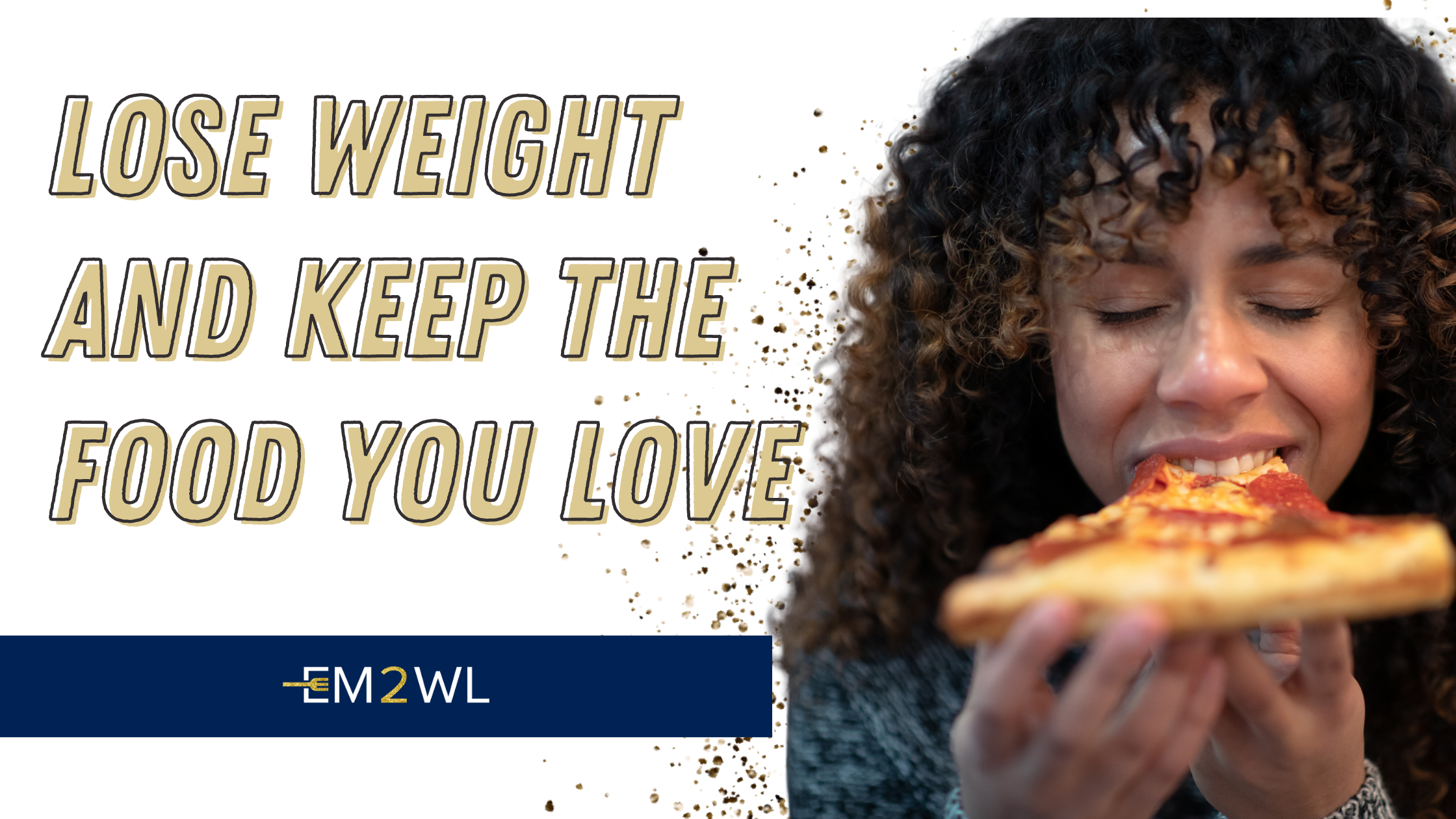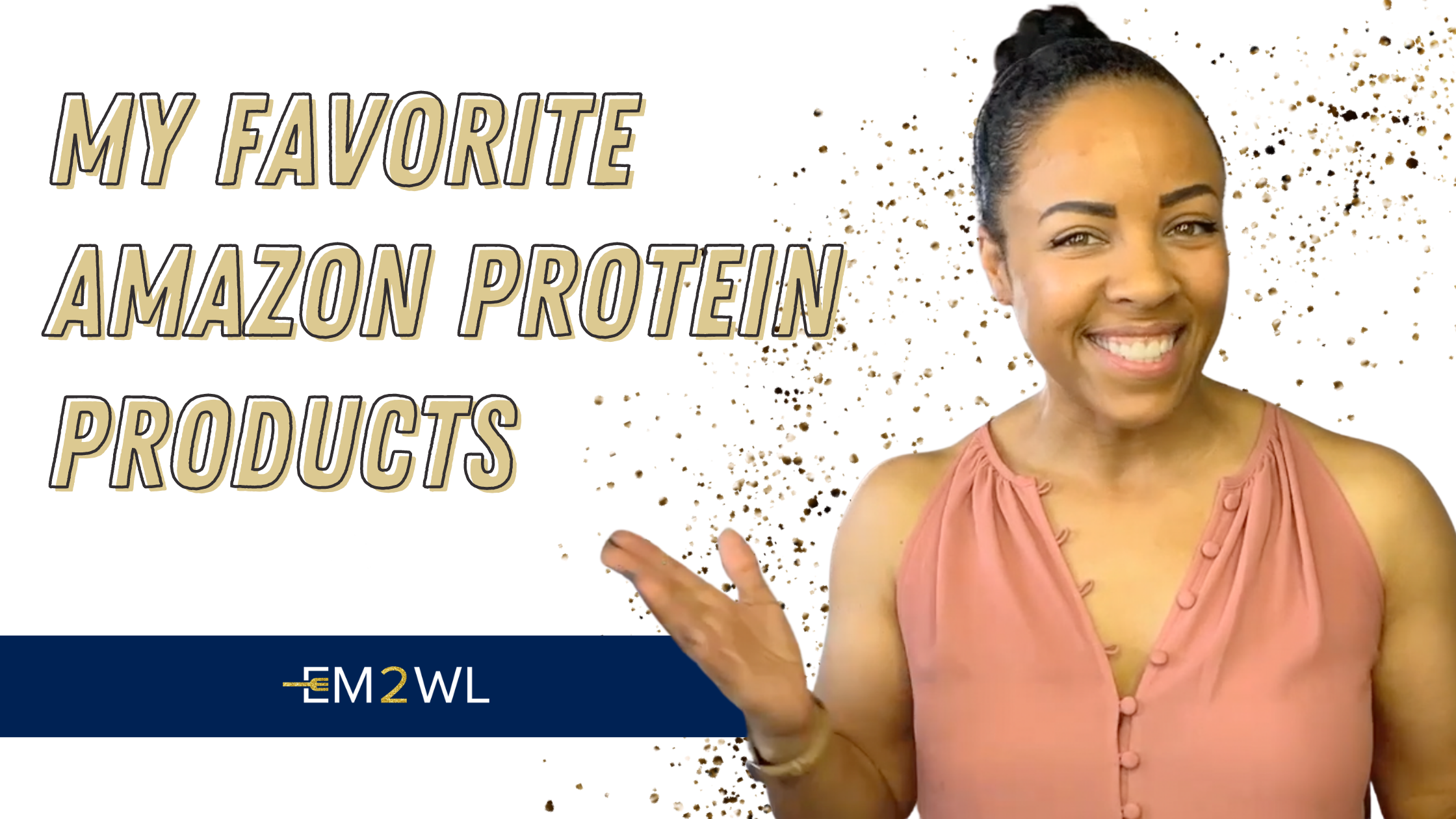Q: Protein shakes and bars don’t seem to agree with me…or, at least not those around me, if you get my drift. I’m trying to up my protein and I was wondering what type of protein shakes and others sources you use? Do I just need to deal with the uncomfortable feeling? or will I “outgrow” it? Any advice for sensitive tummies?
A: I have a sensitive tummy when it comes to protein supplements, so I literally feel your pain.
For starters, try including more “whole” food proteins, like meats & fish (fresh, frozen, dried, canned, veggie), dairy (milk, yogurt, cheese) nuts and nut butters, seeds (sunflower, flax, chia), beans (edamame, black, pinto, red, etc), eggs, soy, tofu or even grains like quinoa. These (and any whole food proteins not mentioned) should make up the bulk of your protein intake, whenever possible.
I don’t do too much “fake” protein, lol, for exact reasons that you’ve mentioned…it just doesn’t agree with me. I’ve learned that my body (as well as many women with more sensitive tummies) can only take so much protein at a time when it is detached from the “source.” For instance, I have no problem digesting 30g of protein from a large chicken breast, but 30g of un-pronounceable protein in a bar? Forget it! LOL. Same with yogurt, if you’ve ever noticed the clear liquid that sits atop natural yogurt, that is whey. I can stomach that whey just fine, but separating it from the source, and quadrupling it? Not gonna work, lol. It’s just too much at one time. If you’ve ever sought out “womens” protein powder, you may have noticed that they’re typically lower in protein, and that is why. Many women can’t tolerate the huge 40g+ scoops that the guys buy (although I do envy my girlfriends with iron stomachs – they can take that 40g to the head, no questions asked). If I know that I will fall short on my protein goal, and Hubby’s protein powder is my only option, then I add only a half scoop of the powder to my shake. I know from experience that any more than that, and I will feel sick all day, and it’s just not worth it.

So, how does that help you if you are trying to increase your protein intake? I’ve found that combining it with a “real” food source helps my to body digest it better. Kinda like stirring that whey back into my yogurt or cottage cheese; essentially adding the whey back into the source. I’ve also noticed that adding fat to protein powder helps it to go down a bit more easily (which is where the stomach issues stem from, it digests SO fast- fat slows down absorption). So I’ve learned to take advantage of these concepts. Whenever I have a protein shake (using the 18g or less powder), I include milk, soy milk, yogurt, or something else that has some protein (and preferably, fat). That way I still get a pretty high dose of protein, but not all from “fake” stuff, plus the addition of fat to help my body tolerate it all. Peanut/Almond Butter make regular appearances in my protein shakes due to their protein/fat combo (PB2, known for cutting the cals by removing the fat, will not sub for this purpose).
I love fruit smoothies, and although I’ve noticed that the fiber from fruit does help, simply adding a banana (or other fast digesting fruit), will not produce the same effect. If you want to include fruit, that’s fine, but don’t forget the fat. There are several healthy, yummy types of fat, like flavored fishor coconut oil
, or chia/flaxseeds to add taste, texture, and nutrition to your smoothies.
If lack of time/location prohibits you from being able to add items to your shakes, then seek out powders or bars, that include the above recommendations, and avoid those that don’t. Sometimes, the problem may lie in a quick fix, such as: switching to a lactose/dairy free brand, or one that includes digestive enzymes, or simply lowering your dosage.
I hope that some of those suggestions will help you. But remember, always try to get the majority of your protein from real food. Let the supplements do just that – “supplement” what you’re already eating.
Anyone else found ways to deal with this issue?
Discover more from Eat More 2 Weigh Less
Subscribe to get the latest posts sent to your email.




One thing that was not mentioned, is the fact that some protein powders contain sugar alcohols, which can cause bowel irritation. I have found that since switching to a natural unflavored, unsweetened isolate that my isues have gone away. If I want flavor, I add PB2, cocoa, stevia drops or any combination of the above. Hope this helps too.